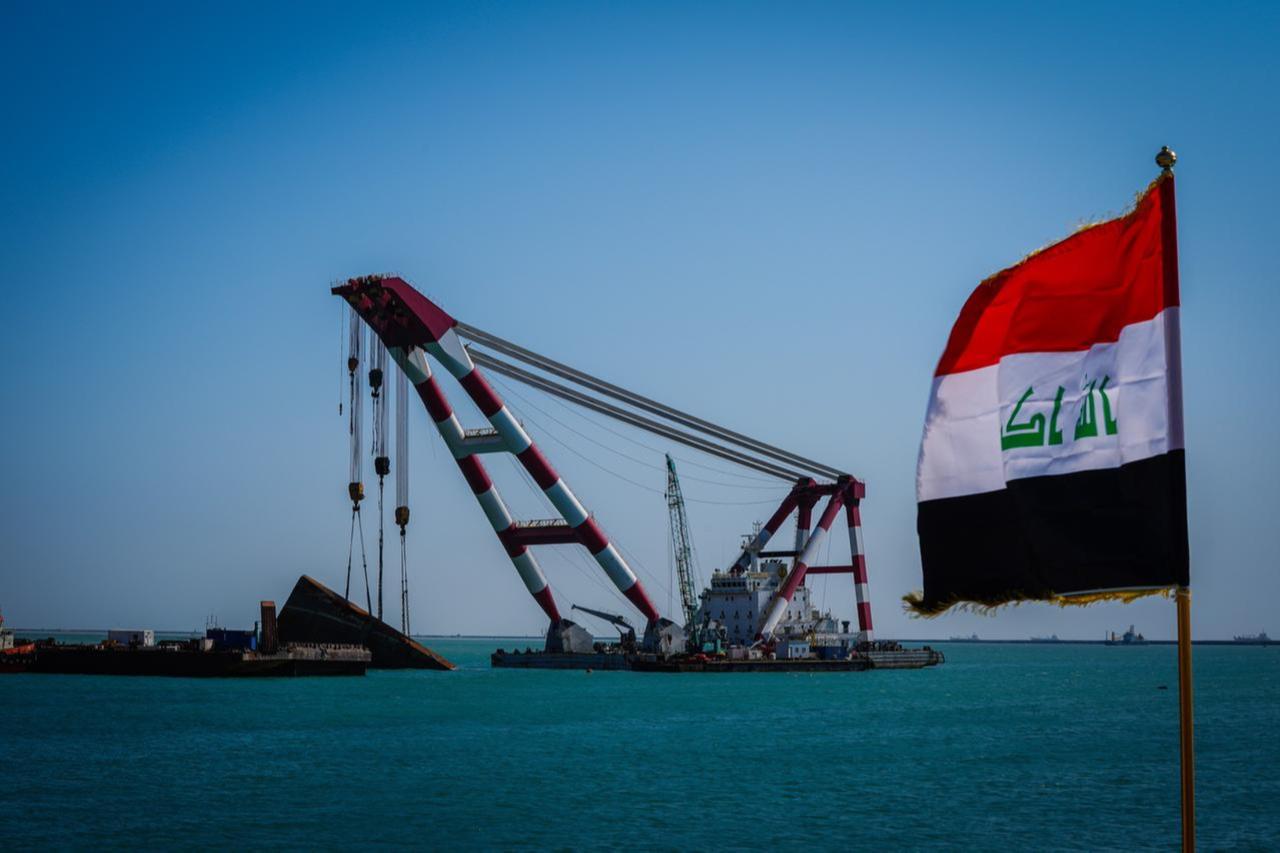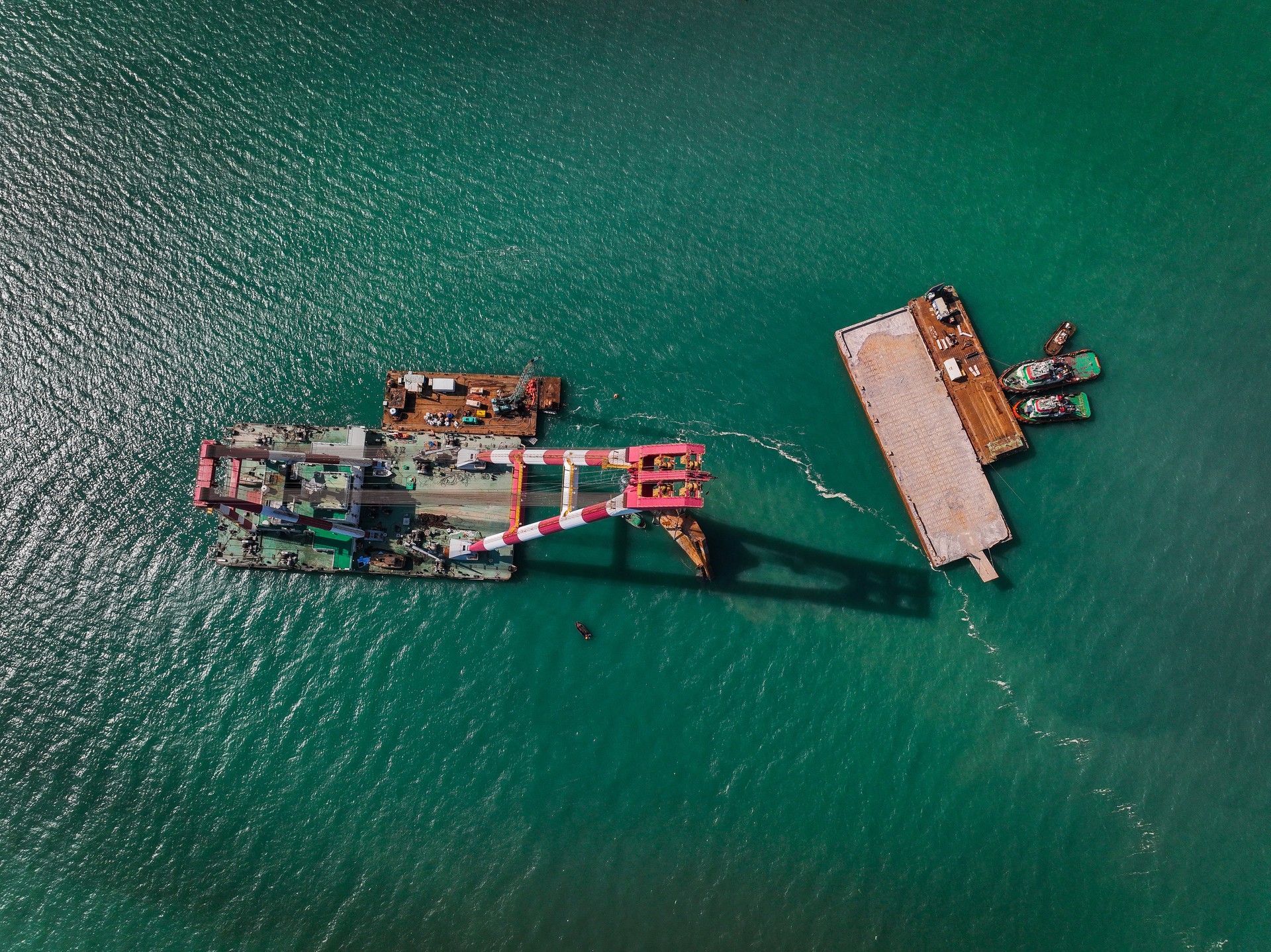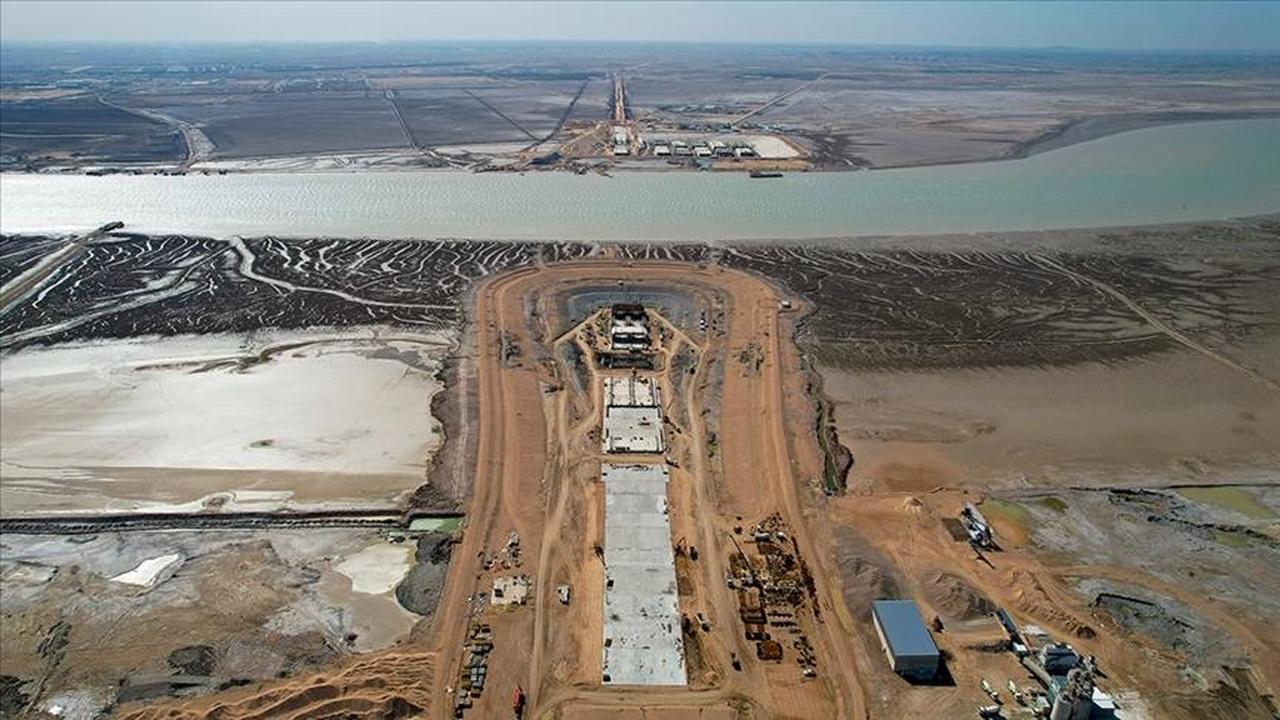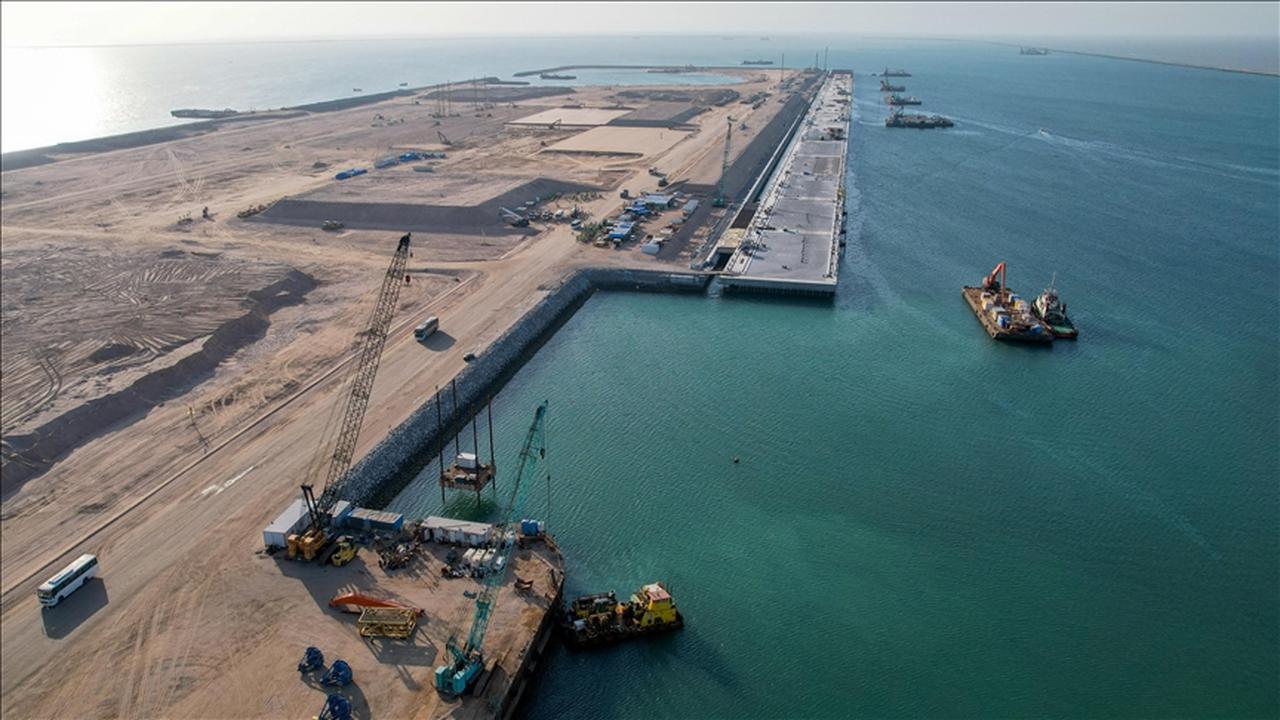
Türkiye and Iraq's Central Government are structuring a new comprehensive energy agreement around the strategic potential of the Development Road Project, as the countries' 1973 Crude Oil Pipeline Agreement is set to expire July 27, 2026.
Ankara has begun negotiations with Baghdad for expanded energy cooperation that extends far beyond the current petroleum transportation arrangement.
According to information obtained by an state-owned Anadolu Agency (AA) correspondent, the new agreement is expected to encompass not only oil transportation but also natural gas projects, hydrocarbon field development, refinery and petrochemical investments, electricity generation and transmission, and multi-dimensional energy trade partnerships.

Experts indicate the new energy agreement between the two countries will be structured around opportunities presented by the successful completion and sustainable functionality of the Development Road Project construction process.
Middle East Research Center (ORSAM) Iraq Studies Researcher Sercan Caliskan told an AA correspondent that bilateral relations have evolved to a strategic level in the energy sector, noting the process's connection to the Development Road Project.
"It is possible to say that both sides in Türkiye-Iraq relations have the desire to take initiative and expand future-oriented steps. Therefore, bilateral relations fed by the Development Road Project have created an environment conducive to opening new doors of opportunity in different areas," Caliskan said.

Caliskan emphasized that the Development Road Project represents new energy lines not only for Türkiye and Iraq but also for regional countries.
"The high strategic potential offered by the Development Road Project, by opening the way for multi-faceted cooperation in the energy field, made a new energy agreement inevitable that needs to be redesigned in terms of scope and quality," Caliskan stated.
The researcher noted that the negotiation process for the new agreement provides a foundation not only for oil transportation but also for comprehensive and long-term cooperation that will prevent legal disputes between the parties.

Caliskan highlighted that the potential carried by Türkiye-Iraq relations extends beyond petroleum to open doors for cooperation in natural gas, electricity, and other energy sectors.
"The potential for this to materialize is largely determined by the healthy and uninterrupted continuation of intensive diplomatic contacts conducted at the leadership level between the two countries. In addition, the high strategic potential offered by the Development Road Project, by opening the way for multi-faceted cooperation in the energy field, made a new energy agreement inevitable that needs to be redesigned in terms of scope and quality," he said.
Middle East Economic Survey (MEES) Gulf Expert Yesar Al-Maleki indicated that Türkiye and Iraq are willing to expand economic cooperation within the Development Road Project framework.
"Crude oil from other countries could also be transferred through the Türkiye-Iraq oil pipeline, which strengthens Türkiye's position as a regional energy center between Asia and Europe. More importantly for Ankara, it provides the opportunity to include the oil volume to be obtained from hydraulic fracturing technology activities carried out with US companies in the Southeastern Anatolia Region into the system," Al-Maleki said.
Al-Maleki noted that the Iran-Israel conflict has once again demonstrated the importance of alternative export routes outside the Gulf, stating that re-delivering Kirkuk oil to Mediterranean refineries is also important for Iraq and companies like bp involved in developing the Kirkuk field.
The expert emphasized that cooperation plans for multi-dimensional development of natural gas and electricity trade also offer important opportunities for Iraq.
"Initially, gas supplied from Türkiye could compensate for the supply from Iran that is frequently interrupted. In the long term, when Iraq increases its own production, it can export this gas to Europe," Al-Maleki said.
Caliskan indicated that the resumption of energy flow following positive agreement outcomes would carry long-term strategic significance.
"Ensuring uninterrupted and secure energy flow after a new agreement, especially in the shadow of regional conflicts and security risks, will be noteworthy in terms of demonstrating the capacity of Türkiye and Iraq to build a stable foundation together," he said.
Al-Maleki added that for Türkiye, transmitting gas from Russia, Azerbaijan, and other sources to Iraq would further consolidate the country's position as a gas hub.